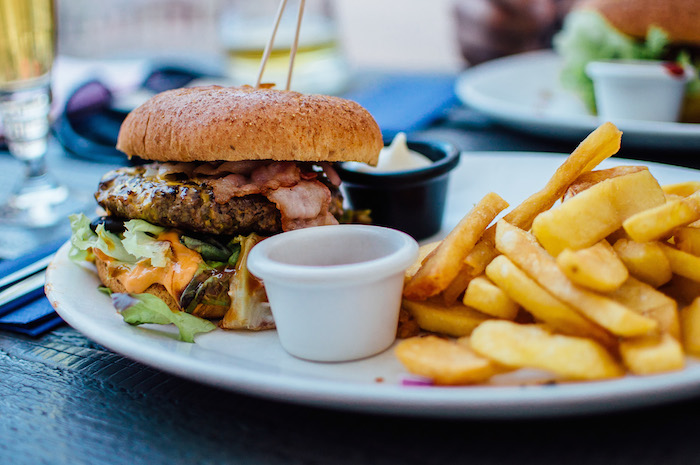
Doctors, patients and readers are often completely confused about fat, clinging to misguided myths and misinformation that prevents us from understanding the latest science to lose weight and achieve optimal health.
We’ve heard these myths repeatedly: fat makes us fat, contributes to heart disease and leads to obesity; saturated fat is bad, while vegetable oils are good.
These and other fat myths are, frankly, big fat lies. Thankfully, the importance of fat is finally starting to catch on thanks to my latest book, Eat Fat, Get Thin, as well as other experts speaking out.
For decades, we’ve demonized dietary fat. We’ve diligently followed a low-fat diet that almost always equates into a high-sugar, high-refined carb diet that contributes to insulin resistance, obesity, heart disease, Type 2 diabetes and many other health issues.
The higher the fat quality, the better our bodies function: We have over 100 trillion cells in our bodies that should be constructed of quality fat.
Our bodies provide warning signs when they don’t get quality fats, including:
>> Dry, itchy, scaling or flaking skin
>> Soft, cracked, or brittle nails
>> Hard ear wax
>> Tiny bumps on the back of our arms or torso
>> Achy and stiff joints
>> Memory problems
>> Attention deficit disorder (A.D.D.)
>> Diabetes
>> Weight gain
>> Cancer
We want to add more of the right fats, so we need to learn which ones to eat and which ones to avoid.
Most processed foods on supermarket shelves are made with poor-quality omega-6 fats from refined, processed vegetable oils. They are abundant, very cheap, taste good and improve texture.
When we consume these sub-par fats, our cell walls also become sub-par. Instead of being flexible and responsive to intercellular communication, cell walls become stiff and rigid. The more rigid the walls, the slower the cell functions and more vulnerable it becomes to inflammation.
We want to our body to have the fats it needs to construct high-quality cell walls. That means eating more omega-3 fats. Cells walls made from omega-3 fats are more flexible, which allows cells to respond more quickly to messages.
Optimal sources of omega-3 fats include small cold-water fish like wild-caught salmon, sardines and herring, organic flax and hemp seed oils, walnuts, Brazil nuts and sea vegetables.
Scientists suspect that early humans ate almost equal amounts of omega-6 and omega-3 fats. Our hunter-gatherer human ancestors got healthy omega-6 fats from seeds and nuts. They got omega-3s from eating wild game and fish as well as foraging for wild plants.
As people began to refine oils from plants, the ratio became skewed more toward omega-6 fats. This created a drastic imbalance in the modern diet, making us more vulnerable to diseases such as cancer and heart disease.
When the human diet contained a balanced number of omega-3 and omega-6 fats, heart disease was almost nonexistent. Today, cardiovascular disease is the number one cause of death in the world.
The more omega-3 fats we eat, the easier our bodies can cool off, which means less inflammation that forms the root of nearly every chronic disease, especially those impacting the brain and the heart. After all, our brain is nearly 60 percent fat.
Beyond nourishing our heart and brain, eating the right fats help us shed fat. Paradoxical as it sounds, not eating fat or eating the wrong types of fat make us gain weight.
That’s because healthy cell walls made from high-quality fats lowers blood sugar and insulin levels, meaning we’re more likely to burn than store fat. Consuming healthy fats also helps us absorb important the fat-soluble vitamins A, D, E, and K.
Besides eating plenty of wild, fatty fish, we can optimize fat intake with nuts and seeds, coconut oil, grass-fed butter (or ghee if we’re dairy sensitive), avocados, grass-fed meats, extra virgin olive oil and olives.
My upcoming Eat Fat, Get Thin Cookbook, filled with luscious, delicious, healthy recipes, provide easy way to optimize healthy fats.
If you’ve recently added healthy fats—especially omega 3-fats—into your diet, what benefits have you noticed? Is your skin healthier? Are you reaching your goal weight? Comment below or on my Facebook page.
Author: Dr. Mark Hyman
Image: Pexels
Editor: Emily Bartran











Read 20 comments and reply